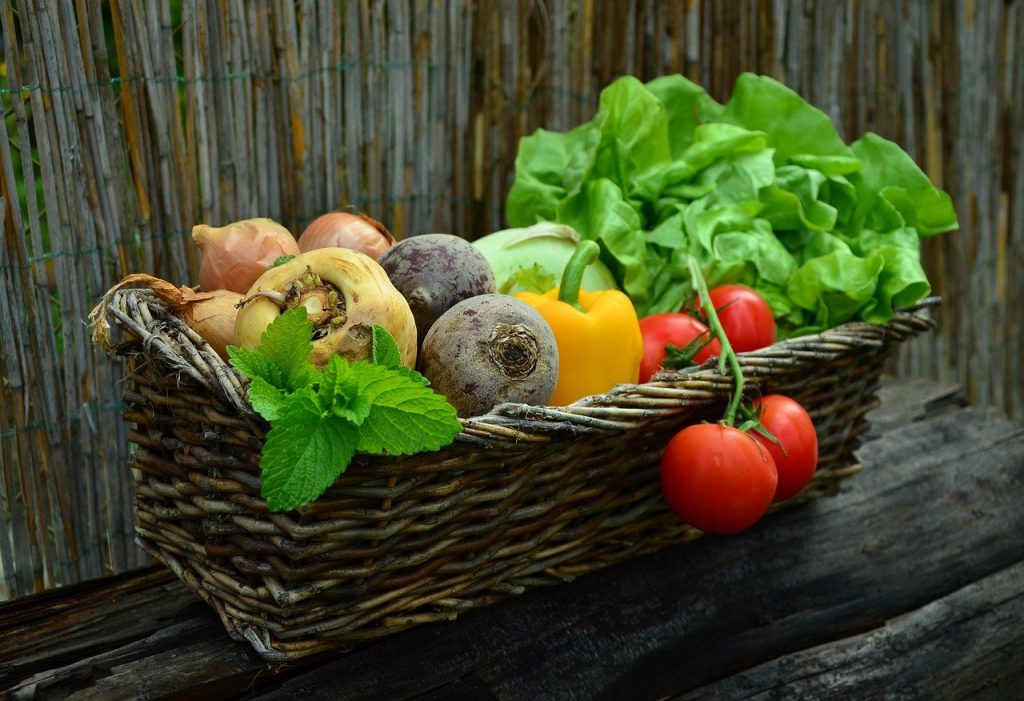Using software and technology to pioneer ideas in building networks, cooperatives and community driven food enterprise, the Open Food Network is growing as an international community. An international community fundamentally working to address very local problems. Lynne Davis, CEO of OFN UK, helps us grapple with the question: “What is the Open Food Network?”
Would you like the quick answer or the long answer?
In short, the Open Food Network is:
- A global community of people working for food justice
- Built on shared values for better food systems, with
- A shared commitment to develop technologies that can help us create these better food systems
The short answer, I think it’s fair to say, doesn’t really do us justice.
Our Community
Every person who has become involved in the Open Food Network has done so through their personal journey. Some are food producers, who had been struggling to find a good way to sell directly to the community. Others are ordinary people who want to help their community access good food, so started working to support producers to sell collectively. Some are software developers wanting to do some good with their skills. Others are academics who understand the need for accessible technical solutions to some of the complex problems our food systems are creating. Some simply eat food every day, and want to help their community to use this daily act to create positive change. It truly is a grassroots network.
Members of our community live in Australia, Catalonia, Canada, France, Norway, UK and the US. We are a global platform cooperative. And most regions operate as cooperatives themselves.
We’re also working with people in Indonesia, Vietnam, South Africa, Indonesia, India, and in conversation with 26 more, who share our values and would like to join the network. Currently there are prohibitive costs that are making it difficult for grassroots communities in some global south countries to join the network (as regional instances need to host their own servers). But in our vision for better food systems we want to change this.
Our Values
The glue that binds our community together is a set of shared values for better food systems.
We believe that some of our most precious resources are best managed as a commons. Open source code is a new kind of commons, in which the resource is managed in an agreed way by a community of interest. This shared responsibility builds trust, and hence strength in the community.
We look at our world through a lens of complexity, in which relationships are as meaningful as entities. Relationships with each other, our land and our food. These relationships form the ecosystems that support us, socially, environmentally and economically.
We know that by focusing on people we can nurture each other to feel safe and secure, which is when we are best able to act in our collective interest. Our knowledge and information should be freely available for us to make our best choices, not as a tool to extract value in a marketplace. Thus we value transparency. Transparency enables us to better understand how to act, not just what to buy but what to create in order to build the world we want to see. We then become empowered.
We believe that the challenges we face right now are large, complex and increasingly fast-paced in their effects. We need systemic change. Hence we believe that we need to organise as locally as possible, through the principle of subsidiarity, such that we can be flexible, agile and constantly evolving.
Through this shared set of values we have set out to use technology to help create the food systems we want to see, rising out of the food systems that we have.
Developing Technologies
Our technology helps people in food systems to self-organise to create viable, value-driven enterprises. Producers can coordinate in their distribution. Buyers can self-organise into hubs, clubs or groups. Market places can innovate to reach new markets and create new jobs. With so many perspectives involved in our commons, we have had to find ways of working that enable everyone to be heard, without letting the processes stagnate.
On our global community forum we share thoughts and ideas. We bring in the stories of the people we talk to and use our collective experiences to think big and think pragmatically about how tech might make a difference. We build on ideas until we agree on a concept. The whole community can participate in this process.
We then start to formalise the concept. Things start to become slightly more technical, in the realms of people with a good understanding of the whole of OFN. Here the idea becomes more concrete. What is the scope? Which enterprises will this work for? Which payment methods? Which delivery options? Which parts are most useful and what can be done later? What can we try out simply and quickly to see if it works?
Once we have answered these questions our product curation team (a rotating team of four, made of two product owners and two developers) will start to add the work to our development pipeline. Once in the pipeline our global network of developers will pick up small, bite-sized tasks one by one. Other developers review the work. Our testers test the functionality as it comes in. And once we are confident it’s working well we release the code to the OFN community. Regional instances deploy this code to their local servers and all the food enterprises that use OFN around the world can then access this new functionality to make their enterprises better.
Then we pick up the next items on the wishlist…
It’s a great process, but it will change, like everything we do. And it’s not without its problems. Writing software is expensive and we are constantly crowdfunding, applying for grants and experimenting to understand new and better ways to fund the platform so that it is accessible to everyone, high quality and not exploitative of hard working individuals anywhere.
This is how we can offer OFN UK so affordably, as we are supported by a global network. But we can always do more. We’d love to make OFN more accessible to global south participants, by consolidating and subsidising server costs. We’d love to develop some of the features UK enterprises have requested to thrive. We’d love to automate mundane tasks like banking and improve the experience on mobile devices. There is so much more we can do.
If you’d like to support OFN UK and the global community why not think about making a donation. If you’d rather give time than money contact us to find out about all the ways you can help out. Join us in the tech-for-good-food revolution!

